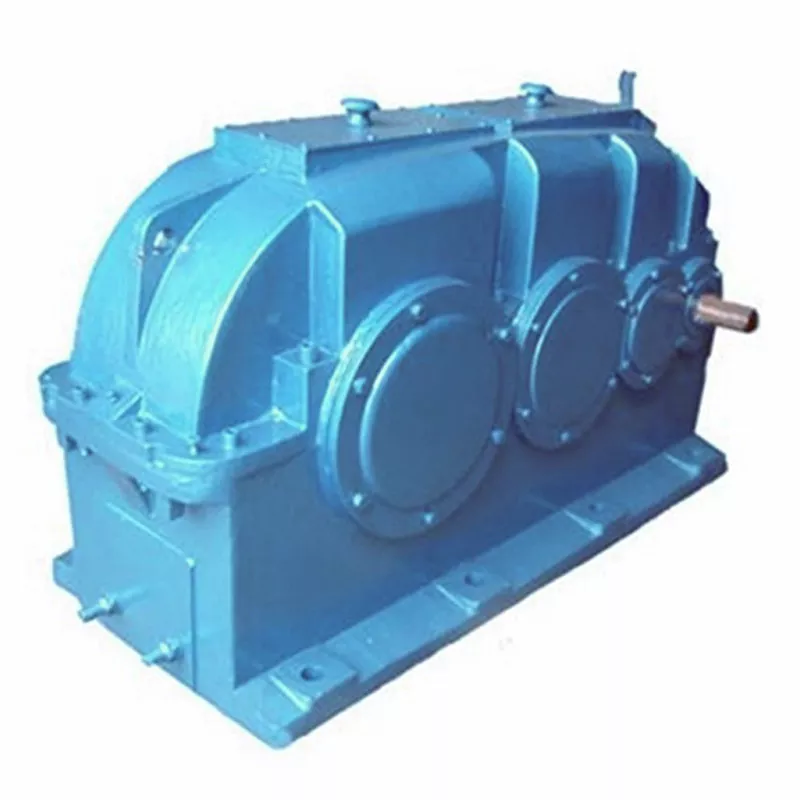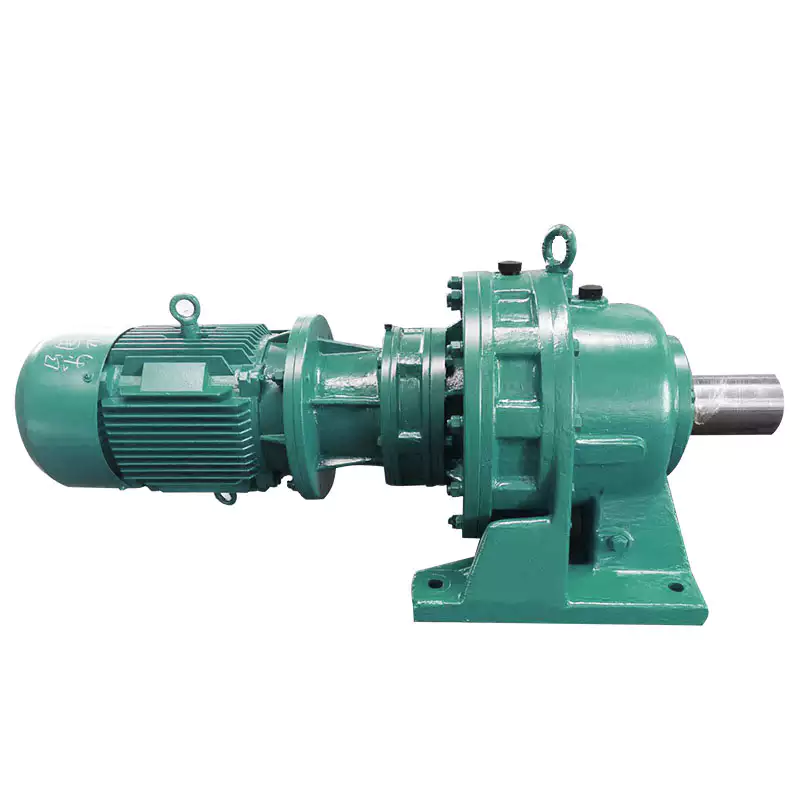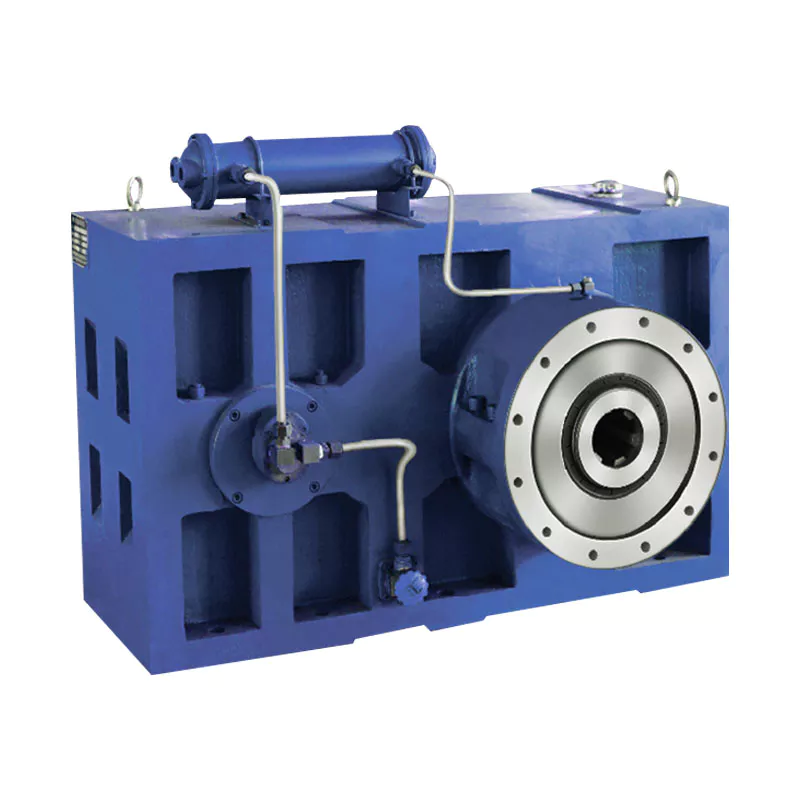Product Description
Brevini Industrial Hydraulic Planetary Gearbox Application For Construction Machinery
Gear ring specifications: 2 Nm
| Application: | Motor, Machinery, Marine, Agricultural Machinery, Industry |
|---|---|
| Function: | Distribution Power, Clutch, Change Drive Torque, Change Drive Direction, Speed Changing, Speed Reduction, Speed Increase |
| Layout: | Coaxial |
| Hardness: | Hardened |
| Installation: | Foot Mounted |
| Step: | Three-Step |
| Customization: |
Available
| Customized Request |
|---|

Considerations for Choosing Lubrication for Industrial Gearboxes
Choosing the right lubrication for industrial gearboxes is crucial for ensuring optimal performance, longevity, and efficiency. Several important considerations should be taken into account when selecting lubrication:
1. Operating Conditions: The operating environment, including temperature, humidity, and contaminants, affects the choice of lubrication. Extreme temperatures may require lubricants with specific temperature ranges.
2. Load and Torque: The magnitude of load and torque influences the selection of lubrication with appropriate viscosity and film strength to provide effective protection under varying conditions.
3. Speed and RPM: Gearbox speed and RPM determine the lubrication’s ability to maintain a stable lubricating film between gear teeth and other components.
4. Lubrication Interval: Consider the required lubrication frequency and intervals. Some applications may demand lubricants with longer service intervals to minimize downtime.
5. Gearbox Type: Different gearbox designs, such as helical, bevel, or worm, may have varying lubrication requirements due to differences in gear engagement and motion.
6. Compatibility: Ensure the selected lubricant is compatible with the gearbox materials, seals, and components to prevent degradation or damage.
7. Contamination Control: Lubricants should possess effective anti-contamination properties to minimize the risk of particles or debris affecting gearbox performance.
8. Water Resistance: In applications exposed to water or moisture, water-resistant lubricants help prevent corrosion and maintain proper lubrication properties.
9. Additives: Some lubricants include additives that enhance performance, such as anti-wear, anti-foam, and extreme pressure additives.
10. Environmental Considerations: Evaluate the environmental impact of the chosen lubrication, including disposal and potential harm to the ecosystem.
11. Manufacturer Recommendations: Follow the gearbox manufacturer’s recommendations and guidelines for lubrication type, viscosity, and maintenance practices.
Choosing the appropriate lubrication involves a comprehensive assessment of these factors, ensuring that the lubricant selected is well-suited for the specific demands of the industrial gearbox and its application.

Industrial Gearboxes: Handling Shock Loads and Variations in Torque
Industrial gearboxes are designed to handle shock loads and variations in torque through their robust construction and careful engineering:
Shock Load Handling: Industrial gearboxes are equipped to withstand sudden and high-impact forces that can occur during start-up, sudden stops, or unexpected changes in the load. The design often includes durable materials, precision-machined components, and reinforced housing to absorb and distribute the impact, preventing damage to the gearbox and other connected components.
Variations in Torque: Industrial gearboxes are engineered to handle variations in torque by utilizing different gear ratios and gear stages. When torque requirements change, the gearbox adjusts the interaction between gears to ensure the desired output torque is achieved. This ability to manipulate torque allows the gearbox to adapt to varying load conditions without compromising efficiency or reliability.
By providing effective shock load absorption and torque adjustment, industrial gearboxes enhance the overall durability and performance of mechanical systems. Their ability to handle these challenges makes them crucial components in applications where sudden loads and torque variations are common.

Industries Using Industrial Gearboxes
Industrial gearboxes play a crucial role in various industries, enabling efficient power transmission and motion control. Some of the industries that commonly utilize industrial gearboxes for their operations include:
- Manufacturing: Industrial gearboxes are used in manufacturing processes for tasks such as material handling, assembly lines, and machine tools.
- Automotive: Gearboxes are essential components in automotive manufacturing, used in transmissions, engines, and other critical systems.
- Construction: Construction machinery relies on gearboxes for tasks like lifting, excavating, and moving heavy materials.
- Mining: Mining equipment utilizes gearboxes for drilling, crushing, conveying, and other demanding operations.
- Energy: Power generation facilities, including wind turbines, hydroelectric plants, and fossil fuel power plants, use gearboxes for efficient energy conversion.
- Marine: Gearboxes are crucial in marine applications, such as ship propulsion systems and offshore equipment.
- Agriculture: Farming machinery, like tractors and harvesters, relies on gearboxes for various tasks like plowing, planting, and harvesting.
- Food and Beverage: Gearboxes are used in food processing and packaging equipment, ensuring precise and efficient production.
- Textile: The textile industry employs gearboxes in machinery for weaving, spinning, and fabric processing.
- Pulp and Paper: Gearboxes play a role in papermaking processes, including pulping, drying, and rolling.
These are just a few examples of industries that heavily rely on industrial gearboxes to optimize their operations and ensure the efficient functioning of their machinery and equipment.


editor by CX 2023-10-12